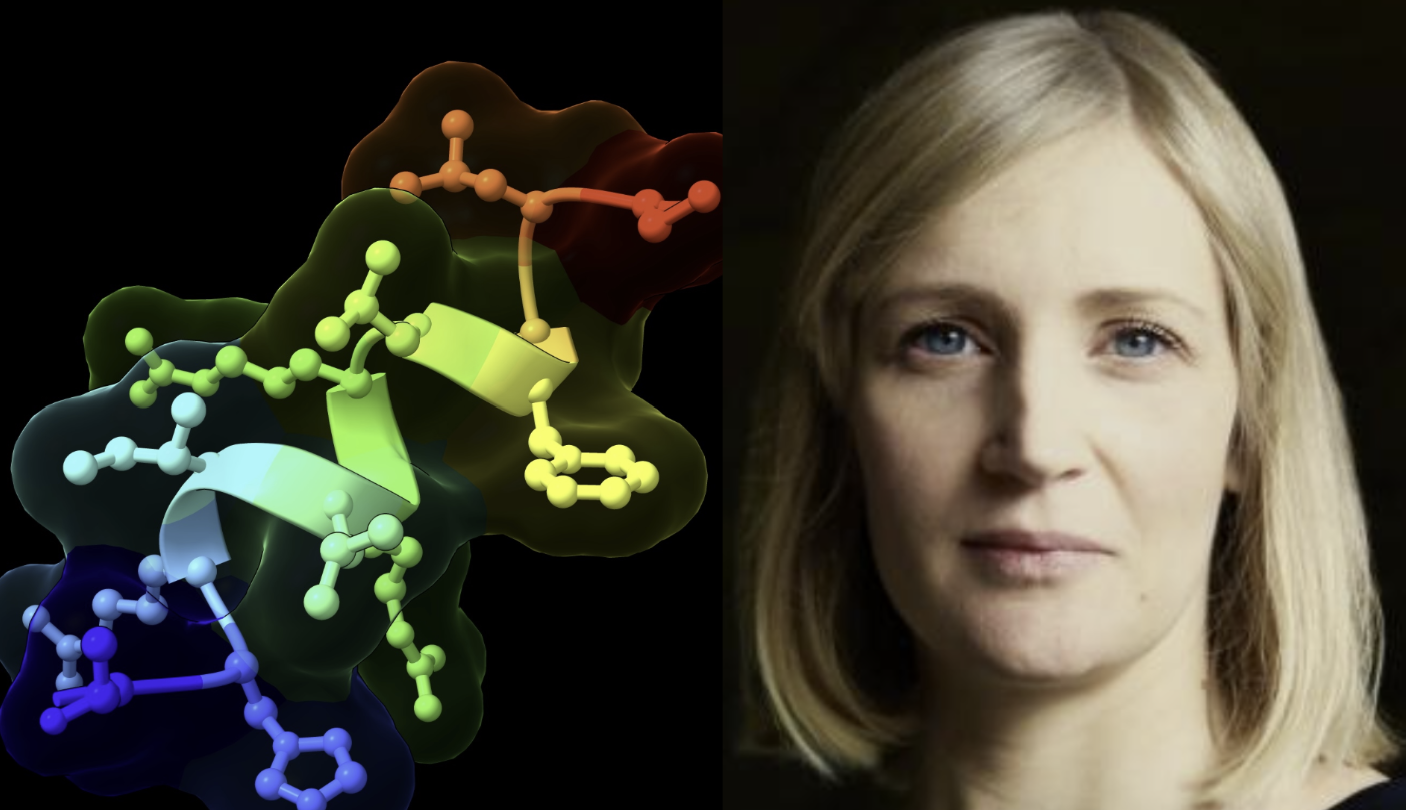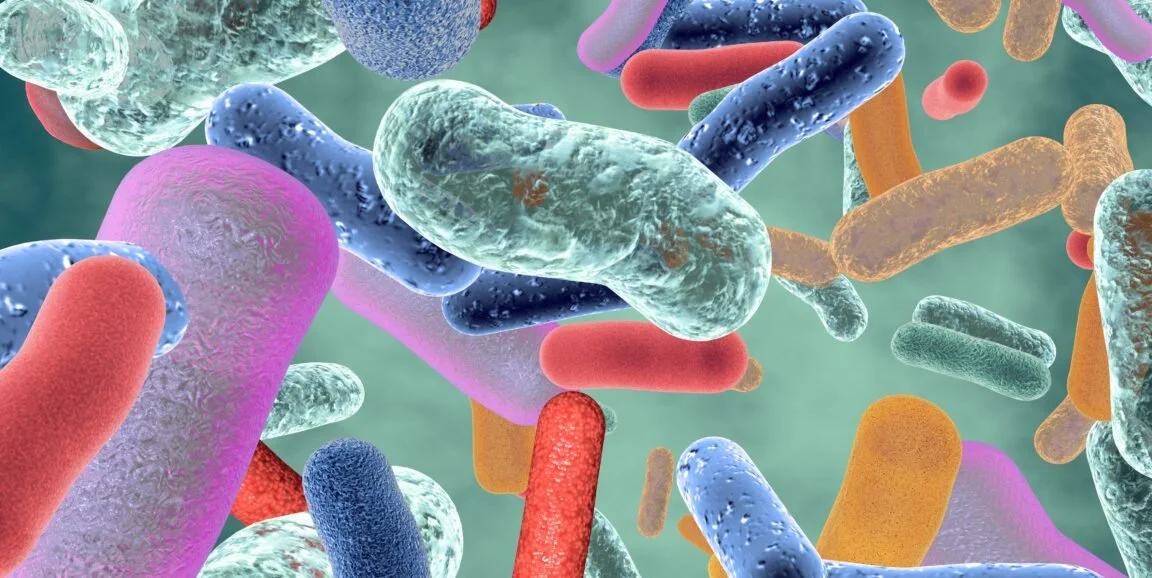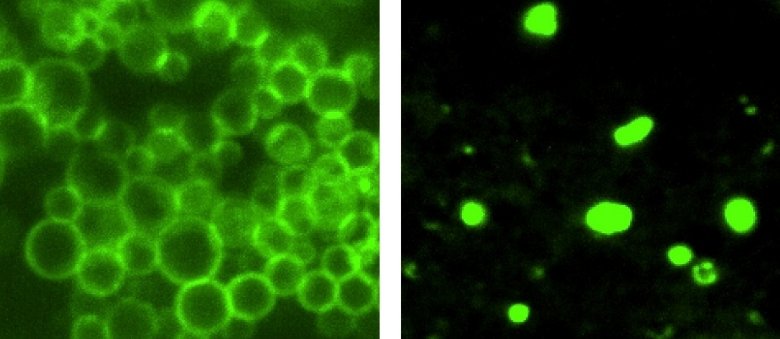Featured News
More News
Open Question: Should Healthcare Companies Pay for Groceries?
“Food-as-medicine” programs are popping up across the U.S. in an effort to address the intertwined issues of health, poverty, and food insecurity. Proper nutrition is vital to good health, and all too often, healthy foods are recommended yet rarely distributed under the healthcare umbrella. Given the prevalence of acute food insecurity in many communities across America, farmers and doctors alike are advocating for change.
Scientists get a new view of digestion
Our gut microorganisms, collectively known as the gut microbiota, affect far more than digestion. Bacteria in our intestinal tracts influence brain activity -- and even the likelihood of developing mental disorders. Decades of research have shown that a bacterially imbalanced gut can disrupt many systems in the human body, contributing to obesity, malnutrition and even cancer. In a study published May 10 in Nature, Stanford Medicine researchers and collaborators used an ingestible device to capture the diversity of microorganisms, viruses, proteins and bile in the small intestine.
Scientists including Dr. Justin Sonnenburg and Dr. Christopher Gardner talk aging, mental health and diet at Health Matters
Hundreds of members of the Stanford Medicine community and beyond gathered outside the Stanford School of Medicine's Li Ka Shing building for the annual Health Matters event on May 20. Attendees visited dozens of exhibits, petting therapy dogs, assuming a variety of yoga positions and learning how to cook plant-based meals.
What’s the deali-O with new weight loss drugs? Part 1 (including Dr. Sun Kim)
I confess it took me a while to catch up with the buzz about Ozempic. The diabetes drug has been on everyone's lips -- or, more accurately for an injectable drug, getting under everyone's skin -- even before Jimmy Kimmel addressed the (suddenly svelte) elephant in the room at the Academy Awards when he quipped, "When I look around the room, I can't help but wonder...is Ozempic right for me?"
Mediterranean diet’s cellular effects revealed
Fat from olive oil and nuts boosts the numbers of two key cellular structures and protects membranes from damage, lengthening the lives of laboratory worms, Stanford Medicine-led study finds








SDRC investigator uncovers an unexpected and crucial role of glucose, the body's primary energy source, in orchestrating tissue maturation, highlighting its significance in diabetes and cancer.